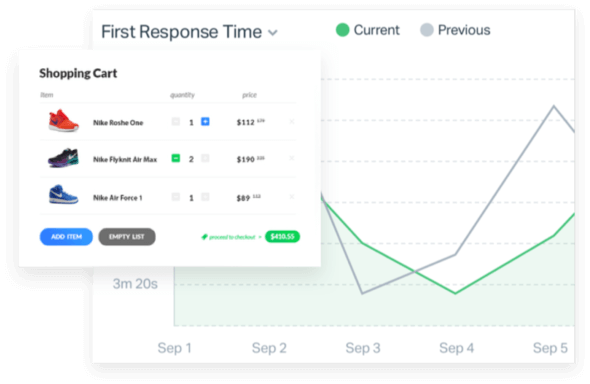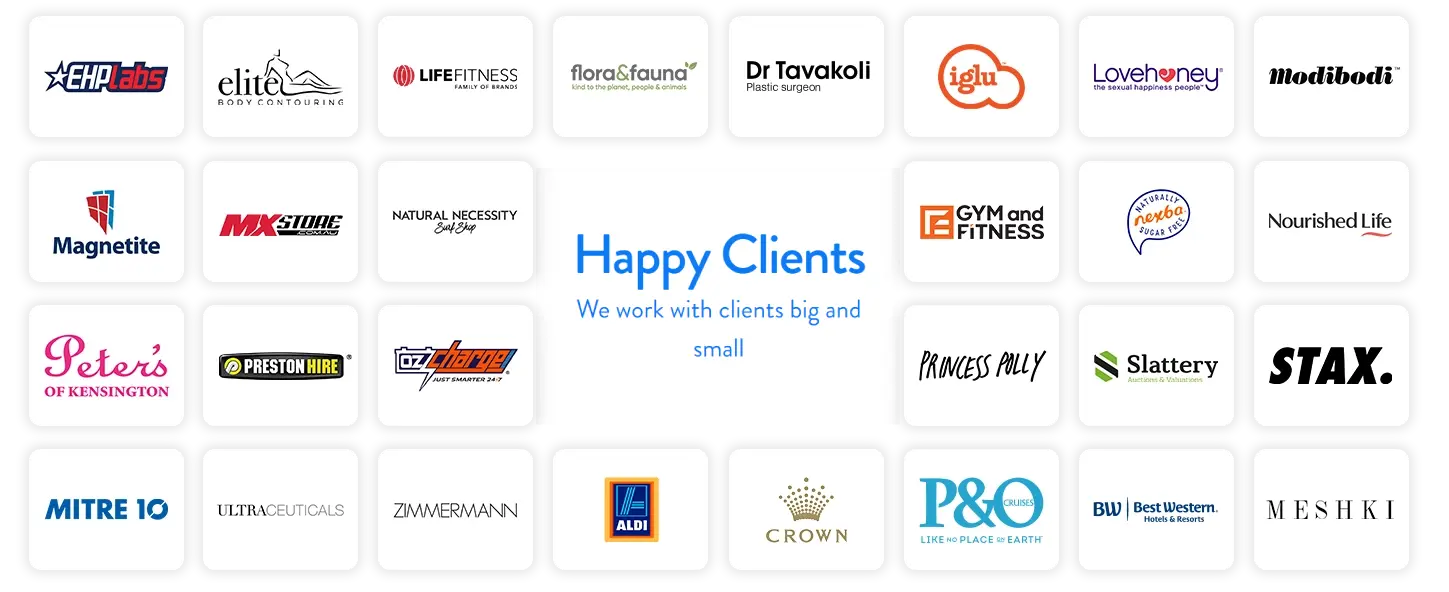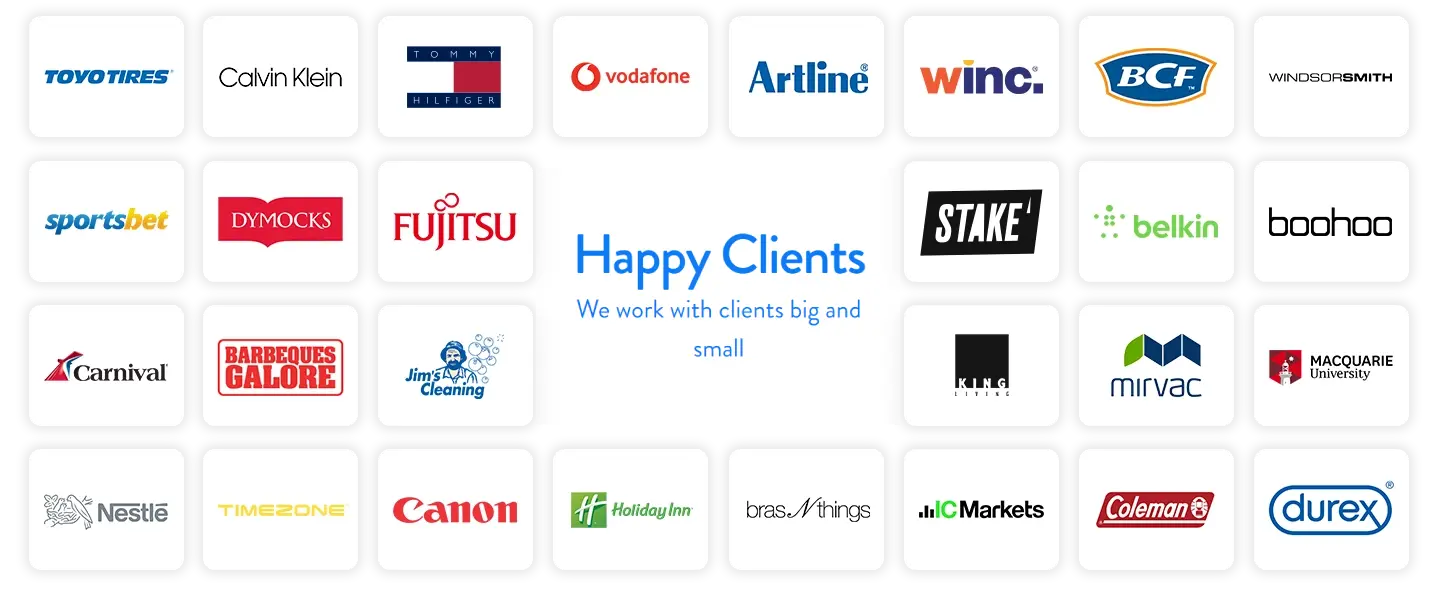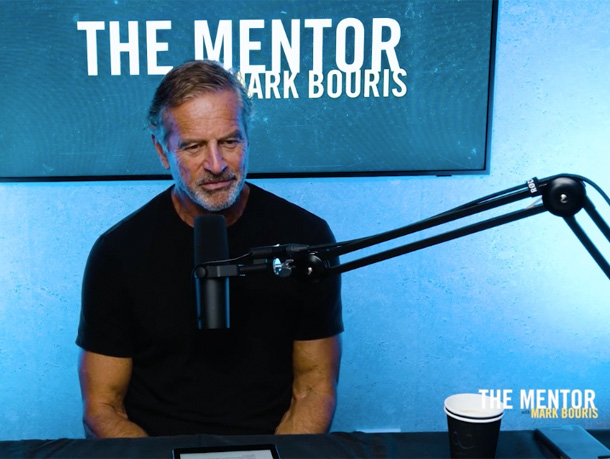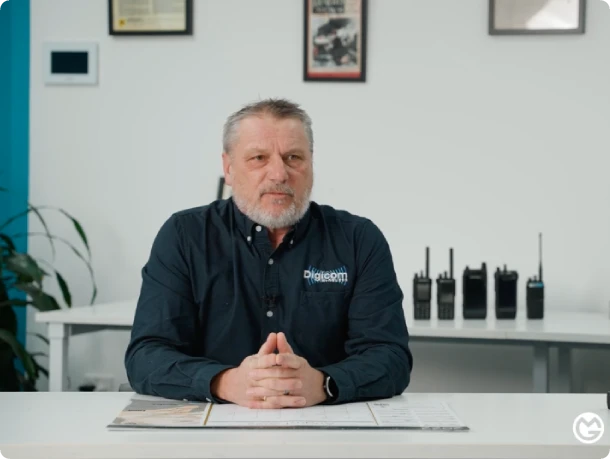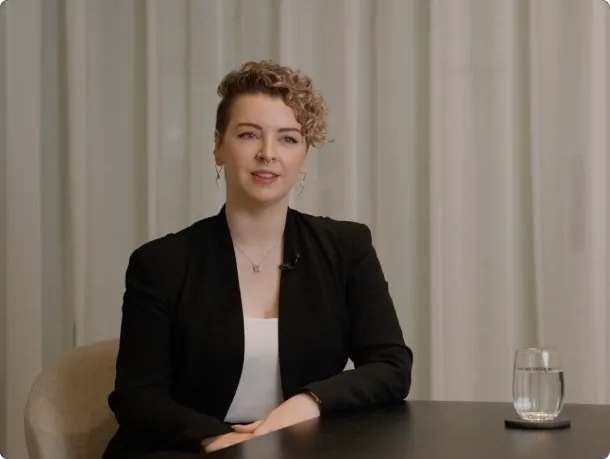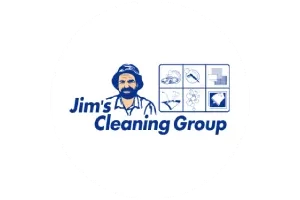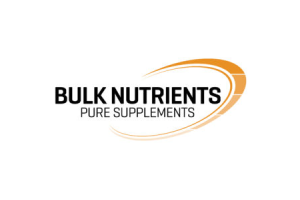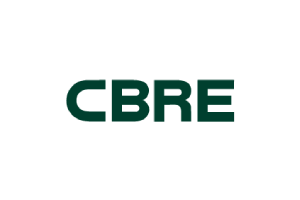
Success doesn’t happen in a silo — this is why some digital marketing campaigns don’t get lift-off. A social post here, a blog post there, maybe an Adwords campaign chugging along in the background. All the puzzles pieces are there but… Connecting the dots is what’s necessary to create multichannel, high-ROI impact.
The goods news? This is what the Gurus do best. We engineer content that ranks on search engines, stands out on social media, captures clicks via email marketing, and nurtures your dream customers at every stage of their buying journey. As a Content Marketing Agency, SEO and PPC stay front of mind whenever we’re diving into brainstorming topics, content creation or promotion strategies. And inhouse, we host some of the smartest minds when it comes to all areas of digital marketing.
So what does this look like day to day? It means our team of 100+ Gurus are here to generate the revenue results you’ve always wanted, through a Content Marketing campaign uniquely tailored to your goals, customers and market. We’ll champion strategy and content creation of a whole range of fresh content, from blog posts and case studies to landing pages and whitepapers.
Wondering why Online Marketing Gurus is the best Content Marketing Agency Australia has to offer? Because our Gurus get the results. And since 2012, we’ve built long term partnerships with some of the biggest names in tech from HubSpot and Magento, to Shopify and Bigcommerce. This means we integrate seamlessly with your systems, with experts who know digital AND your platform like the back of their hands. Our team is your team, from day one.
Plus, through our 200+ strong partnership network, we know the best in the business. Looking for a social media marketing agency or a web development army? Searching for a trusted brand expert or PR firm? On the hunt for an email marketing agency with specific experience in your industry? We know exactly who can get you the results you want.
